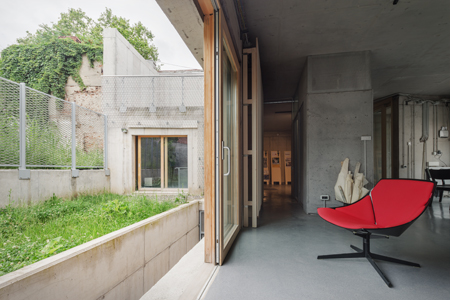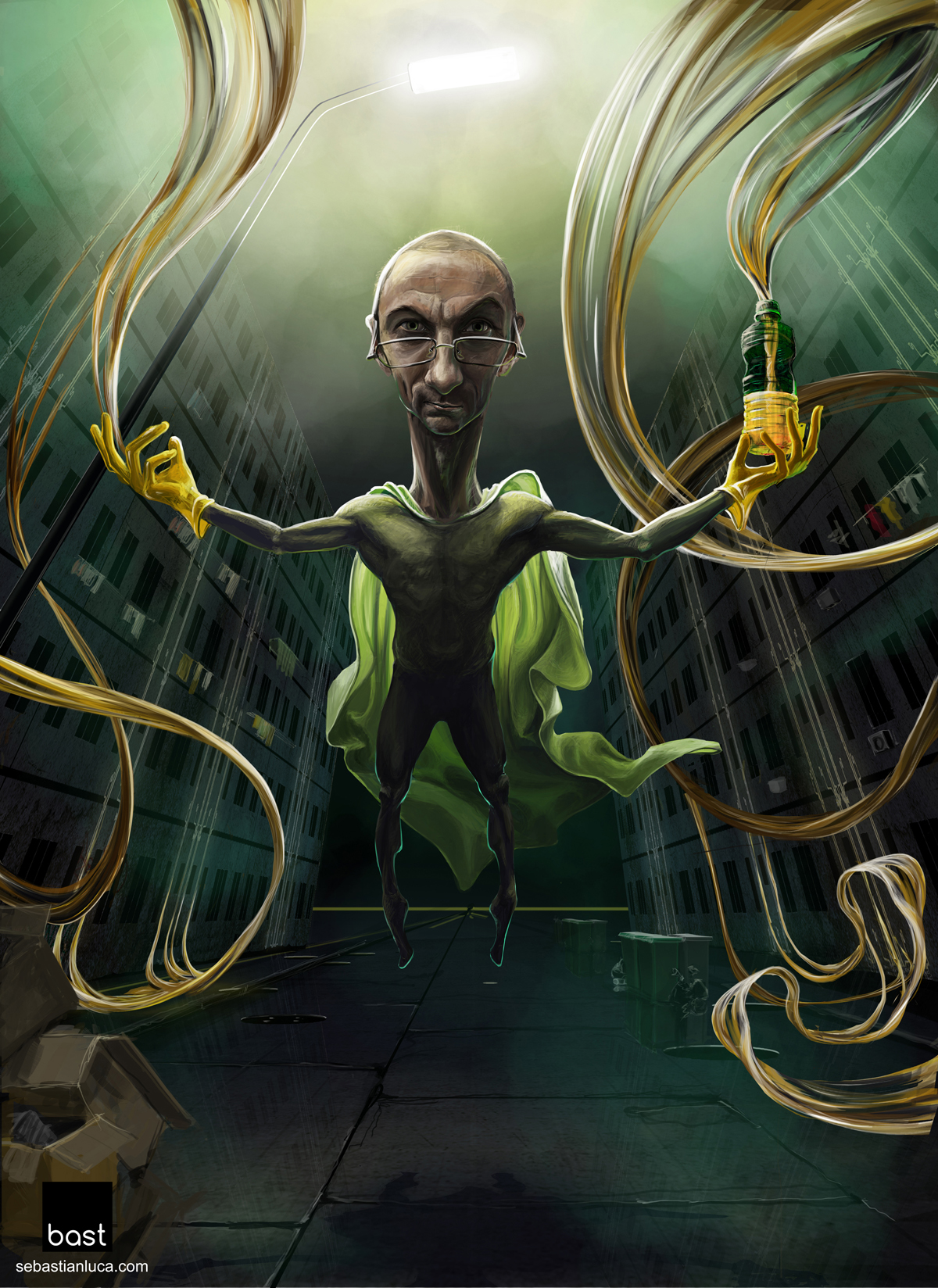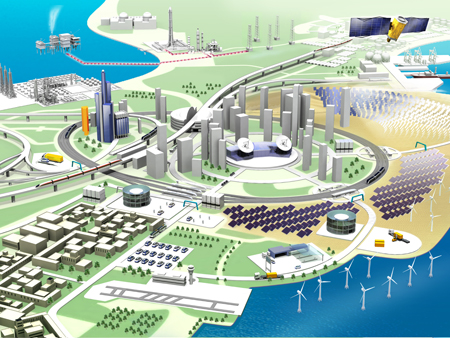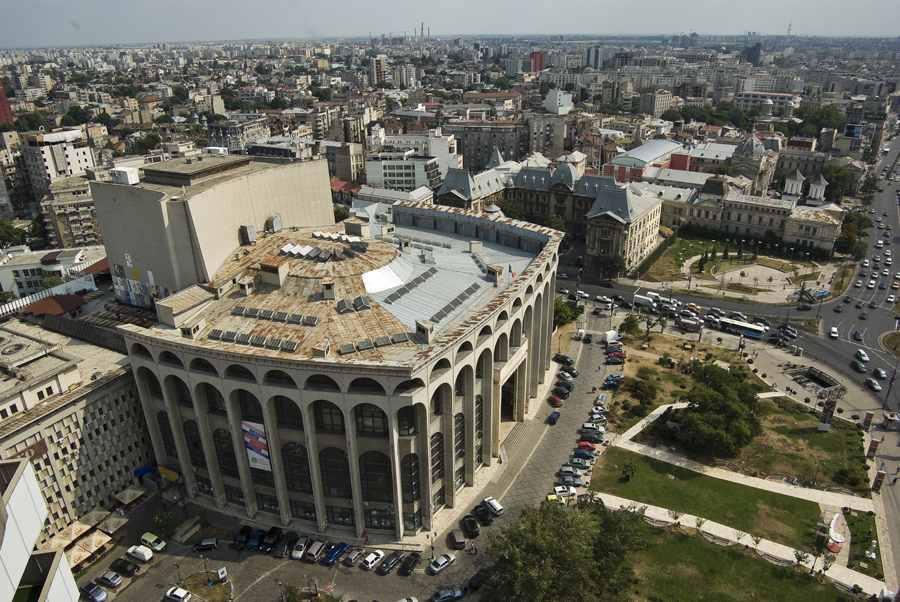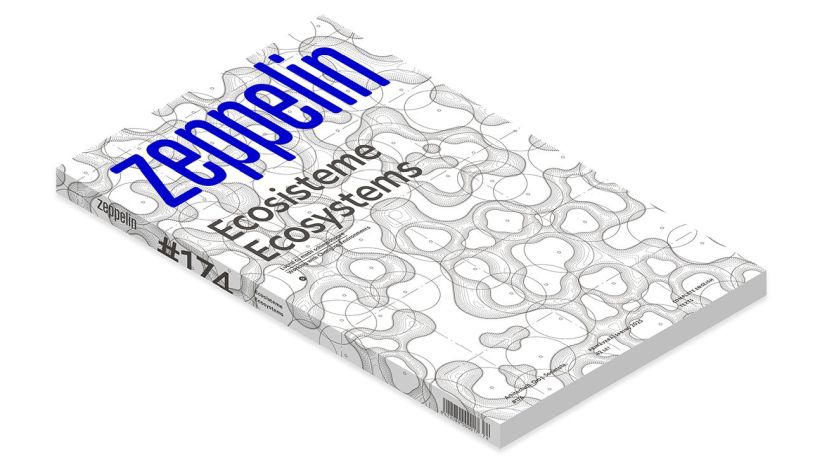Text: Ștefan Ghenciulescu
Ask anyone, any intellectual (or even an architect, for the matter), what is more environmentally friendly – a house or a block of flats? – and for most of them the answer will be the house. In fact, it is not. I am not referring to individual examples, but to houses in general: the individual home today fatally involves a periphery location, which means occupying natural land, waste of resources – with less efficient infrastructure for transport and facilities etc., longer commutes – so more pollution. Plus a bad ratio between usable square feet and the envelope and many other issues.
- Recommend on FacebookTweet about it
Text: Cosmin Caciuc
A big heavy topic for Expo Milano 2015: “Feeding the Planet. Energy for Life”. Its subdivisions have keywords such as tradition, creativity, innovation, technology, education, health, in reference to world food production and distribution; these might sound pompous and somewhat inert compared to the actual modest situation of a polluted planet, with many hungry mouths, troubled by conflicts and anxiety, and squandering, often irresponsible mankind.
- Recommend on FacebookTweet about it
Text: Cosmin Caciuc
I do not know whether it is good to venture so much as to say that the best architecture and city planning books have not been written by architects or city planners. I am not sure whether the best pamphlet that has been written (so for) on the concept of smart city is not Against the Smart City, by a non-architect like Adam Greenfield.
- Recommend on FacebookTweet about it
Text: Stefan Ghenciulescu
Recent public architecture operations in Romania make me mad. For example, the project for the protection of the Roman ruins in the historic city of Alba Iulia is a revolting shack, with the roof shaped as an open book. It’s tenth rate architecture, but obviously living up to the expectations of the City Hall. This project stands out by its ridiculousness, but it actually expresses a process which is ongoing, despite the crisis: grand public operations made without a competition, without public consultation, without even a debate about the program or the relationship with the city; good intentions, I am sure, but a lot of missed opportunities.
- Recommend on FacebookThis website uses cookies to improve your experience. We'll assume you're ok with this, but you can opt-out if you wish.Accept Read MorePrivacy & Cookies Policy
Privacy Overview
This website uses cookies to improve your experience while you navigate through the website. Out of these, the cookies that are categorized as necessary are stored on your browser as they are essential for the working of basic functionalities of the website. We also use third-party cookies that help us analyze and understand how you use this website. These cookies will be stored in your browser only with your consent. You also have the option to opt-out of these cookies. But opting out of some of these cookies may affect your browsing experience.Necessary cookies are absolutely essential for the website to function properly. This category only includes cookies that ensures basic functionalities and security features of the website. These cookies do not store any personal information.Any cookies that may not be particularly necessary for the website to function and is used specifically to collect user personal data via analytics, ads, other embedded contents are termed as non-necessary cookies. It is mandatory to procure user consent prior to running these cookies on your website.

